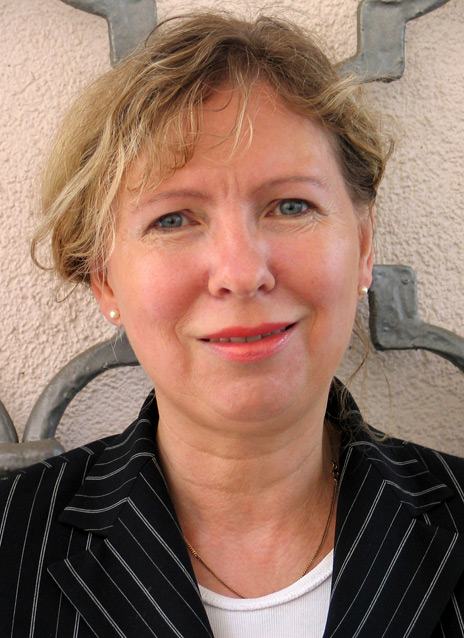
Angelika Kubanek-German
Department of English and American Studies
University of Braunschweig
a.kubanek@tu-bs.de
website

|
Angelika Kubanek-German Department of English and American Studies University of Braunschweig a.kubanek@tu-bs.de website |
| Participants: | ~32 |
| Type of Study: | interview |
| Location: | Germany |
| Media type: | audio |
| DOI: | doi:10.21415/T5HS45 |
In accordance with TalkBank rules, any use of data from this corpus must be accompanied by at least one of the above references.
The Early Language Learning (“Fruehes Fremdsprachenlernen”) Project was a project funded by the Department of Education of Saxony in 2000. A foreign language - English, French, Czech - was offered for 4 hours per week to 8 and 9-year-olds, i.e. grade 3 and 4, instead of the then standard 1 hour per week. A study, commissioned by the Department of Education and conducted by Angelika Kubanek-German, investigated 12 classes (150 pupils) during the first two years of the program, autumn 2000 to summer 2002. The overall research project (see preliminary report, Kubanek-German 2003) pursued three aims:
Data in TalkBank are from assessment interviews that lasted 25 minutes and were composed of three parts. Part 1 (warm up) included themes familiar to the children. Part 2 (water interview) involved questions based on an unfamiliar picture book about the theme of water. In part 3 (rat search) students used teamwork to solve the “rathunt” puzzle. Gem markers for these three just use the numbers 1, 2, and 3.
Children were interviewed in pairs and the same tasks were used in all three languages by the same interviewer. For English, there were 20 boys and 18 girls. For French, 10 boys and 8 girls. For Czech, 16 boys and 16 girls. Data were collected in Chemnitz, Radebeul, Dresden, and Leipzig.
The English teacher set high objectives in the linguistic domain. The pedagogical style was rather teacher-centred. She used immediate correction. She most clearly changed her attitude towards the research project towards the positive. For her class, there was no catchment area restriction. Her pupils did very well in the communication test. She was a trained primary teacher, and had taught Russian at primary level. After 1990, a re-training for English was offered to those teachers of Russian, including language training in Britain.
The French teacher had spent some time in France teaching German as a foreign language. There was a fear at the inception of the intensive programme that French would not meet with acceptance on the part of the parents (in contrast to English). However: after one year, the whole school where she was employed successfully started offering only intensive French (i.e. in both grade 3 classes): the programme is non-selective. This teacher supported the less fluent teachers of French in the project. Her approach is holistic, she uses a lot of body language. She took the 4th graders to Brittany (classe de mer) - a long way from Dresden. “It is just fascinating to see how much they can do” is the statement that best characterises her attitude.
The Czech teacher is a native speaker with training for grammar school, but he had been teaching at the primary level before the pilot project began. He taught grammar more explicitly and was concerned about pronunciation. He explained this by stressing the difficulties of the Czech language. It should be stated, though, that he, as well as the others, did many songs and dances and rhymes with the class.